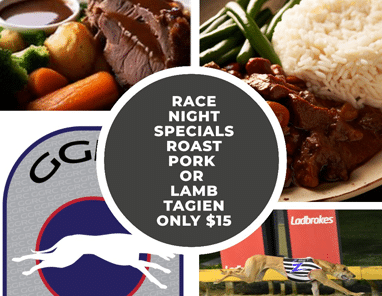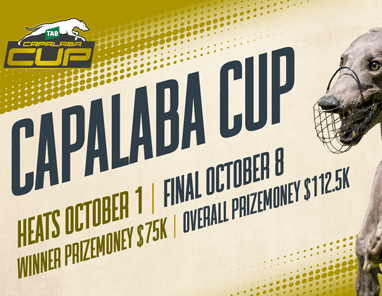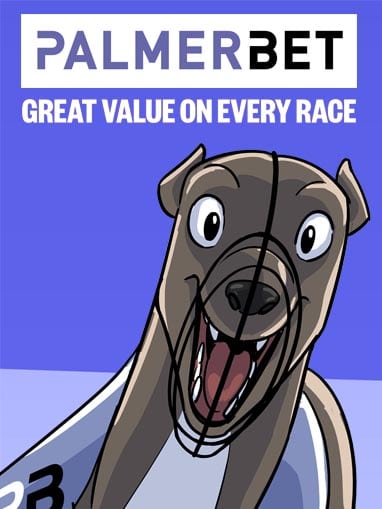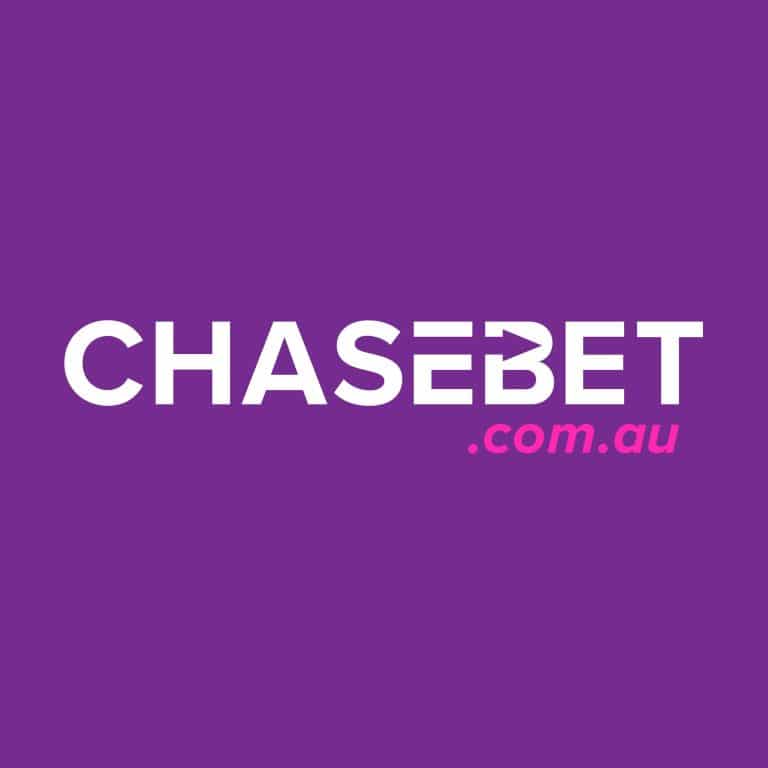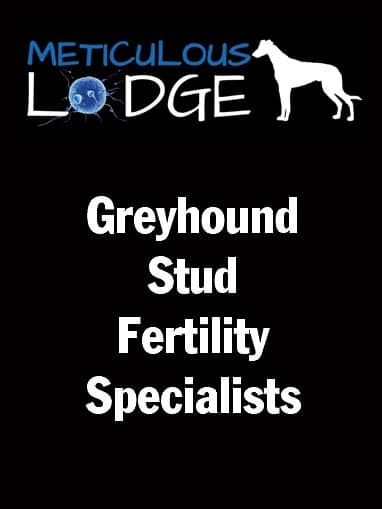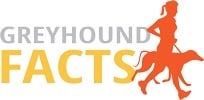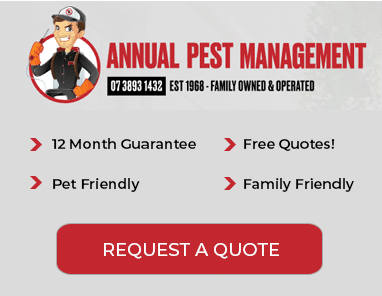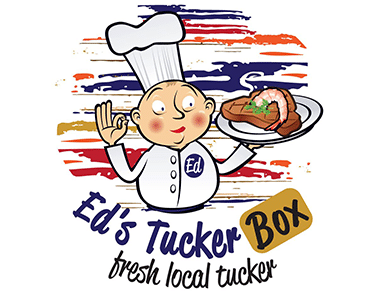
By MARK DUCLOS
WE’VE all watched those scenes in movies where a number of people sit in a circle of trust and extol their problems…
“Hi, I’m Mark and I’m a…” – for me, the tag line to that is simple – “I’m a greyhound racing lover.”
The initial stepping stone to my passion, which would later become the catalyst for my career in the industry, started in the mid-1970s when I penned a letter to Ron Nicholas, then Chief Steward of the Greyhound Racing Control Board in NSW. I was extremely fortunate to be put in touch with Ron and Nancy Rudd.
At the time, the Rudds operated Cabernet Lodge from a larger than normal house block in Berowra, on the upper North Shore of Sydney. It was here the great Irish import Waverly Supreme stood at stud and from where Ron worked his magic as a ‘muscle-man’ helping so many trainers get their charges back to peak fitness.
Ron may have been a man of few words, but when he spoke, I hung off every one of them because 45 years later, I still adhere to some of the pearls of wisdom he imparted on me and whenever I’ve strayed from his advice, it’s cost me plenty of time and money (more on that later).
BUYING A GREYHOUND OR A RACEHORSE
Firstly, let’s do a quick comparison between buying a greyhound and a racehorse and the costs involved, and I can offer this advice from current, first-hand experience.
When it comes to the greyhound, I purchased a pup for $4000 and then spent around $4200 getting it reared and broken-in before it was ready to race after which my training fees became zero as I have a 50/50 prizemoney split with my trainer.
The dog owes me $8200 and is now competing in races worth $1500 to the winner on the TAB circuit and will soon step up to Metropolitan class racing where the winner’s cheque is around $5000.
On the other hand, and casting aside the purchase price, here’s an example of what the costs are to have a racehorse trained on the Gold Coast.
Stable Fees – $99 per day
Vitamins – $4.85 per day
Rugging Fees – $2.50 per day
Track Fees – $3.30 per day
Strapper Fees – $132
Farrier Fees for Race Plates – $187
Trial Nomination Fees – $220
Veterinary Joint Injections – $368
Total cost for the month – $4310
And those costs are repeated each and every month unless the horse is spelled whereby you get some financial relief, but with no chance of earning prizemoney.
But hang on you say, horses race for so much more than greyhounds!
In a lot of instances they do and in a number of cases for not much more – in comparison, a Class 2 race at the Gold Coast on a Saturday afternoon is worth $11,650 to the winner while a Grade 5 race at Albion Park on a Thursday night is worth $4725.
Yes, you receive around 80% of the prizemoney for the horse race after trainer and jockey expenses but they are lucky to race twice a month, whereas a greyhound in full racing condition, can race at least three times a month and sometimes even more.
Now if you know anyone who wants to buy a share in a racehorse, let me know, I have a couple for sale.
HOW DO I BUY A TOP CLASS GREYHOUND?
It’s very hard to buy a Group 1 greyhound or a potential superstar after they have started racing and the reasoning for that is quite simple.
By the time we know how good the dog is and what it is capable of winning and the times it is running, there are normally plenty of people making offers of upwards of $50,000 and more, so unless you have unlimited funds, most of us are out of contention at that price.
Which brings us back to the question of how do I get my hands on a champion? The only answer is to buy a pup.
At our Gold Muzzle Puppy Auction in 2019, breeder Lynne Aldous offered four pups for sale by Barcia Bale out of the well performed race bitch Megalodon.
This was the dam’s first litter so there was no comparison to be drawn from half-brothers or half-sisters, but the key points were that the sire was a champion both on and off the track, the dam had won numerous races including several at Wentworth Park, and Megalodon’s dam and grand-dam had also won multiple races and both of them also won at Wentworth Park.
One of those four pups is boom sprinter Flying Ricciardo, who to date has had 22 starts for 18 wins and more than $150,000 in prizemoney – he set a track record at Bulli over the 340m at his first start and then won a stack of races in succession. If Kristy Sultana had been tempted to sell him in the early stages, you would have had to have stumped up at least $100,000 to buy him and even then, you would have been in a bidding war with a number of other prospective buyers.
Flying Ricciardo was purchased for just $7500 as a six-month old pup at the Gold Muzzle Puppy Auction.
The best advice I can give you, which Ron Rudd passed on to me many years ago, is to eliminate your chances of failure.
If you are buying a pup (which will cost you anywhere from $3000 to $30,000) there are a few critical boxes that need to be ticked.
The sire must have the runs on the board. I know every stud dog starts off from zero and some become superstars, but until they prove themselves, make sure your pup is sired by one of the best.
The dam must also be a proven performer, either on or off the track. If she’s had previous litters, research what those pups have done, have a look to see what their good and bad traits may be, and how many races they have won.
If it’s her first litter, ensure she was able to perform at a certain level. I now have a simple benchmark in place and that is if the dam has not won at a Metropolitan venue (e.g. Wenty or The Meadows on a Saturday night; Albion Park or Sandown Park on a Thursday night) in reasonable time, I immediately dismiss those pups.
Using those benchmarks may mean I miss out on purchasing a good dog at a reasonable price, but what I’m doing is I’m minimising my chances of buying a dog that turns out to have little or no ability because of the average ability of the mother.
Yes, superstars are a rarity but that’s why after more than 40 years in the game, I’m still buying and breeding pups searching for that elusive top-class chaser. I may never, ever get my hands on one, but I’ll keep on trying.
BUYING A PERFORMED GREYHOUND
If you don’t want to go through the process of waiting for a pup to be reared and broken-in and you want a dog that is ready-to-race or is already performed, the only limitation as to the ability of that greyhound is the depth of your budget.
There are a number of options available depending on what it is you want to achieve.
I am often asked to appraise the value of a greyhound for clients of our Gold Muzzle Sales & Syndication business and the first question I ask is whether they will be training the dog themselves or will someone else be doing the hard work?
The reason for this is that with our industry standard of a 50/50 share of prizemoney between owner and trainers means the greyhound you are looking to buy for say $5000, has to win $10,000 in prizemoney just for you to break square.
In Queensland, to win that $10,000 back in prizemoney, the dog would have to win at least two races at Albion Park on a Thursday night or upwards of six races on the TAB tracks – obviously if you’re training the dog yourself, those numbers are halved but then, you are also paying all expenses in the interim.
I know owners often have inflated opinions of their greyhounds (I’ve certainly been guilty of it in the past), which reflects in their thinking when they are offered money for the dog.
On a number of occasions, I have offered what I thought was a reasonable amount of money for a performed dog only to be laughed at by the owner who tells me my $20,000 offer would buy two of its legs because he values it at $40,000.
For an owner to recoup that $40,000, the dog then has to earn at least $80,000 in prizemoney, again, just to break square – and if anyone says they’ll win it back on the punt, I’ll show you a person with either too much money, or in the end, very little money.
The equation is simple – ability determines price.
With the proliferation of short course events, greyhounds that were often referred to as ‘speedy squibs’ with little commercial value, are now valuable racing propositions given a 300m dog can quite easily race twice a week and earn very similar prizemoney to a greyhound who races over 520m.
Again, think about what it is you want from a racing greyhound – if you’re content to see it race on the TAB tracks, you’ll pay anywhere from $3000 to $8000 for a dog that should pick up a few wins throughout its career.
If you want a dog to race in Metropolitan class events, expect to fork out anywhere from $10,000 to $25,000 and if you want a potential Group class dog, you’ll be looking at $40,000 and upwards.
If you can’t afford that sort of money by yourself, think about forming a syndicate with some friends – again, when you compare what sort of a racehorse or yearling you get for $20,000 or $40,000 compared to what you buy in a greyhound, well then it’s chalk and cheese.
Buying a greyhound, whether it’s a pup or a performed dog, is literally like buying a ticket in Powerball or Lotto – if your numbers come up, riches await, and if they don’t, you just keep on buying another ticket.
To me, our slogan at Gold Muzzle Sales & Syndications is the most apt description we can use and it’s one that I think has borne the test of time.
“Greyhound Racing … the affordable way to race a winner.”


